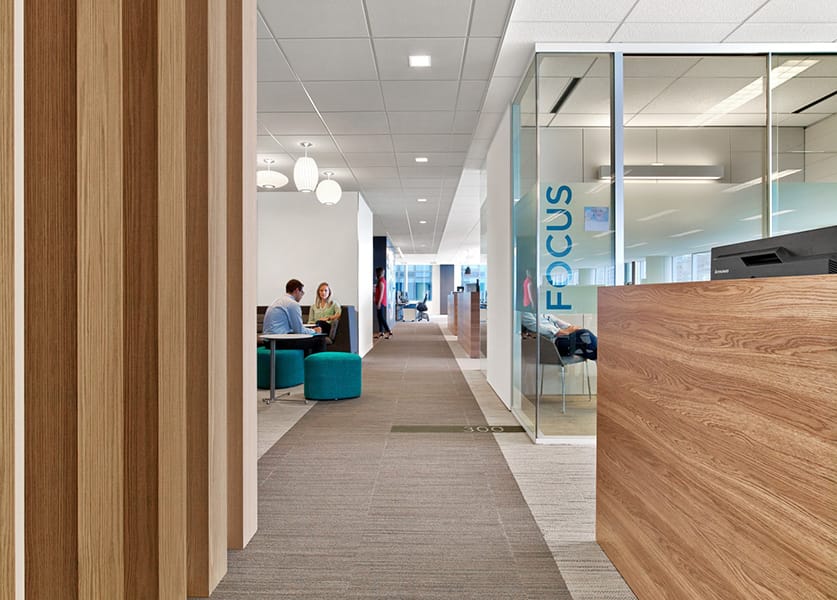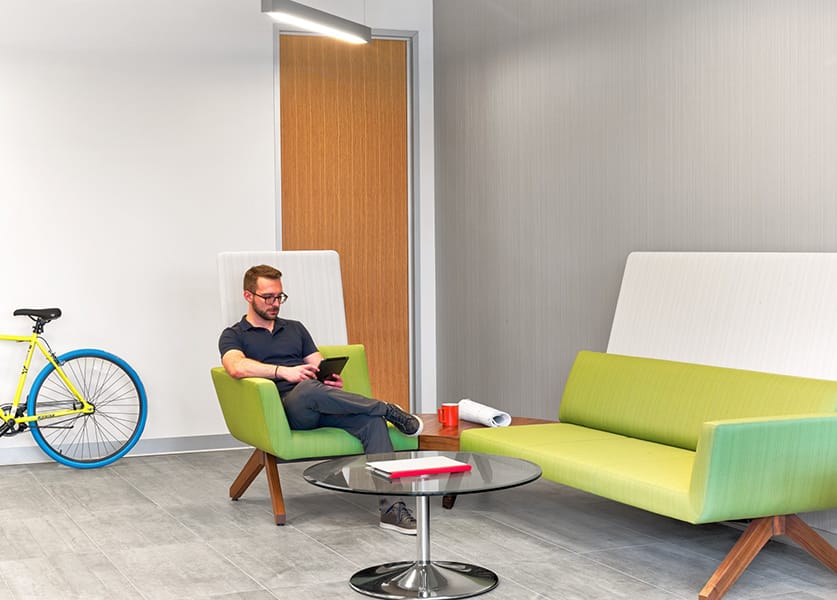An overview of Mindful Work: How Meditation is Changing Business from the Inside Out, by David Gelles.

If you’ve ever reminded yourself to “just breathe,” then you’re already on the path of mindfulness. And if your colleagues remind you to “just breathe,” you may be working for an organization that supports mindfulness. In Mindful Work: How Meditation is Changing Business from the Inside Out, author David Gelles explores the history of the mindfulness movement, examining its origins to more current applications in Western culture and business.
What is mindfulness?
Gelles says mindfulness really took off in the US when it was divorced from its cultural and religious roots in Buddhism in the 1960s and ’70s. As it’s applied in Western cultures, practicing mindfulness can help individuals focus on the present. The mindfulness movement’s leader, Jon Kabat–Zinn defines the practice: “Mindfulness means being aware of our experiences, observing them without judgement and responding from a place of clarity, rather than fear, insecurity or greed.”
In addition to being recognized as the father of mindfulness in the West, Kabat-Zinn has studied the effects of meditation on the human brain. One of his studies led to the development of a formal program to help those suffering from stress and anxiety, called mindfulness based stress reduction, or MBSR. The results established an on-going eight-week course at the University of Massachusetts that teaches students to focus awareness on the present rather than unpleasant events of the past, or on anxiety and stress about the future. Mindfulness programs are also cropping up at American learning institutions, including the University of Minnesota and Stanford’s School of Medicine.
“The greatest weapon against stress is our ability to choose one thought over the other.” – William James
What does it mean to be “mindful” at work?
Large US corporations have developed and implemented company-wide mindfulness programs, from Google to Target. Even Steve Jobs was a reported devotee to mindfulness meditation. Employees who have participated in mindfulness programs claim they are able to make less emotionally-based decisions, to think through their actions, and be more aware of their consequences. “The main business case for meditation is that if you’re fully present on the job, you will be more effective as a leader, you will make better decisions, and you will work better with other people,” William George, a current Goldman Sachs board member and advocate for mindfulness, told Gelles.

A former vice president with General Mills, Janice Marturano, experienced restorative effects of practicing mindfulness after a series of stressful events in her personal life. Since establishing a program that guides employees through breathing and relaxation techniques at General Mills headquarters in Minnestoa, Marturano has shared successes of the mindfulness program through the establishment of the Institute for Mindful Leadership. “As we become more aware of our connections to ourselves, others and the community, we are more likely to make the choices that have a positive ripple effect and that are aligned with our own leadership principles,” she said in an interview in Forbes. “I like to call this the win-win-win choice because it’s good for the employees, good for the organization, and good for the community.” It has been said that the more people multitask and divide their attention among tasks, the less efficient and creative they are. Teaching staff how to best focus on a singular task helps companies maximize efficiency and improve output.
IA employees also practice mindfulness and track its effects in the workplace. Spearheaded by Managing Principal Helen Watts, professionals in IA’s Los Angeles office are encouraged to participate in regular meditation breaks. Each afternoon, staff members are invited to gather in a large conference room to sit in silence and concentrate on easing tensions in the body and focusing the mind.
IA is a global firm of architects, designers, strategists, and specialists. We focus exclusively on environments through the lens of interior architecture—a radical idea in 1984, when IA was founded. We are highly connected agents of change, committed to creativity, innovation, growth, and community.
IA is a global firm of architects, designers, strategists, and specialists. We focus exclusively on environments through the lens of interior architecture—a radical idea in 1984, when IA was founded. We are highly connected agents of change, committed to creativity, innovation, growth, and community.

